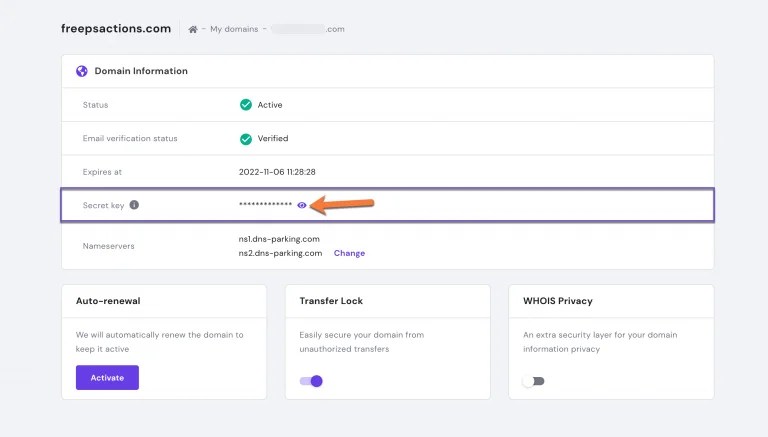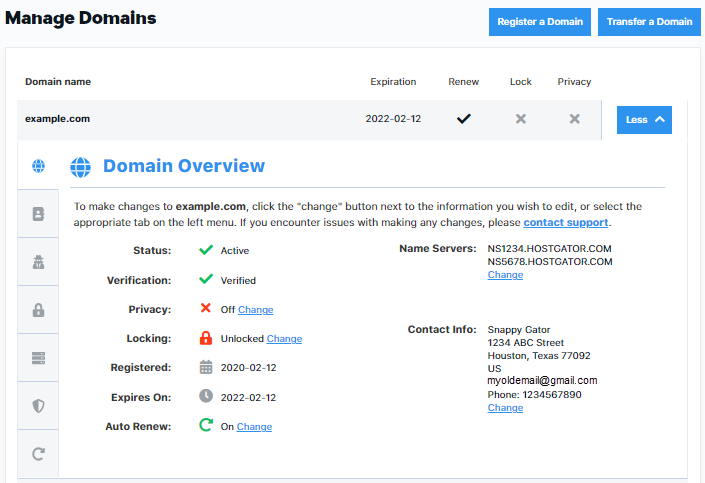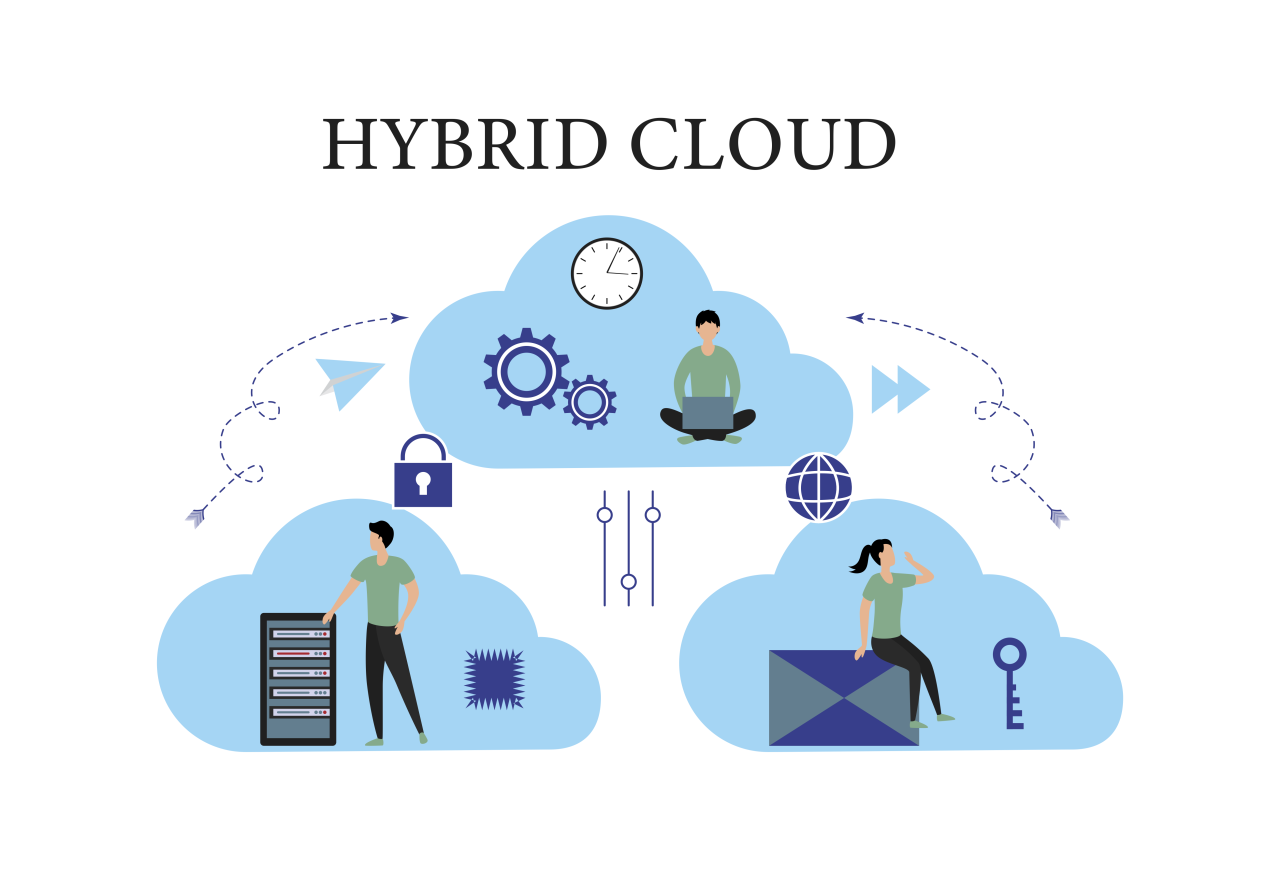Joomla web hosting provides a robust foundation for building dynamic and feature-rich websites. This platform empowers you to create everything from simple blogs to complex e-commerce stores, leveraging its user-friendly interface and extensive customization options.
Whether you’re a seasoned developer or a complete beginner, Joomla web hosting offers a flexible and scalable solution. With a wide range of hosting plans available, you can find the perfect fit for your website’s needs and budget.
Joomla Web Hosting Features
Choosing the right Joomla web hosting provider is crucial for your website’s success. A reliable host provides the essential resources and features needed for optimal performance, security, and scalability.
Essential Features
Hosting providers offer a range of features to ensure your Joomla website runs smoothly. These essential features include:
- Storage Space: This refers to the amount of disk space allocated for your website’s files, including Joomla core files, extensions, themes, images, and other content. The required storage space depends on the size and complexity of your website. A reputable hosting provider offers flexible storage plans to accommodate various website needs.
- Bandwidth: Bandwidth refers to the amount of data that can be transferred between your server and visitors’ browsers. It determines the speed at which your website loads and the number of simultaneous users it can handle. A sufficient bandwidth allocation is essential for optimal website performance, especially for sites with high traffic volumes.
- Security: Security is paramount for any website, and Joomla websites are no exception. Robust security measures are crucial to protect your website from malicious attacks, data breaches, and unauthorized access. A reliable hosting provider offers essential security features like firewalls, malware scanning, and regular security updates.
Importance of Additional Features
Beyond the essential features, certain additional features enhance your Joomla website’s functionality, security, and performance.
- SSL Certificates: SSL certificates are crucial for website security, especially when handling sensitive data like customer information or online transactions. An SSL certificate encrypts the communication between your website and visitors’ browsers, ensuring data privacy and protecting against data breaches.
- Daily Backups: Regular backups are essential for website recovery in case of data loss due to technical issues, accidental deletion, or malicious attacks. Daily backups ensure that you can restore your website to a previous working state, minimizing downtime and data loss.
- Website Performance Optimization: Website performance directly impacts user experience and search engine rankings. Hosting providers offer optimization tools and techniques to improve website loading speed, such as caching mechanisms, content delivery networks (CDNs), and database optimization.
Advanced Features
Some hosting providers offer advanced features to enhance your Joomla website’s functionality and performance.
- Staging Environments: A staging environment is a copy of your live website where you can test new features, updates, or design changes before deploying them to the live site. This minimizes the risk of errors or unexpected issues impacting your live website.
- Caching Mechanisms: Caching mechanisms store frequently accessed website content in temporary locations, reducing server load and improving website loading speed. This enhances user experience and website performance, especially for sites with high traffic volumes.
Joomla Website Maintenance
Maintaining a Joomla website is crucial for ensuring its smooth operation, security, and performance. Regular maintenance tasks help prevent issues, optimize website speed, and enhance user experience.
Regular Maintenance Tasks
Regular website maintenance involves a series of tasks that should be performed consistently to keep your Joomla website running smoothly.
- Backup Your Website Regularly: Regularly backing up your website data is essential to protect your site from data loss. This includes backing up your database, files, and extensions. In case of a website crash, data corruption, or accidental deletion, you can restore your site from the backup.
- Update Joomla Core Files and Extensions: Updating Joomla core files and extensions is essential for security and performance. Updates often include bug fixes, security patches, and performance improvements. Regularly updating your Joomla installation ensures that you are running the latest version, which is more secure and efficient.
- Clear Website Cache: Clearing your website cache helps improve performance and ensures that users are viewing the latest content. Cached data can become outdated, leading to inconsistencies or errors. Regularly clearing the cache helps prevent these issues and ensures a smooth user experience.
- Monitor Website Performance: Monitoring website performance is essential to identify and address any issues that may be affecting its speed and efficiency. Tools like Google Analytics can provide insights into website performance metrics such as page load time, bounce rate, and user engagement.
- Check for Broken Links: Broken links can negatively impact user experience and search engine optimization (). Regularly checking for broken links and fixing them ensures that users can access the content they are looking for.
- Optimize Images: Optimizing images for web use can significantly reduce page load time and improve website performance. Compressing images without sacrificing quality can significantly improve the user experience.
- Review Website Security: Regular security checks are crucial for protecting your website from attacks. This includes checking for vulnerabilities, updating passwords, and implementing security measures like firewalls and anti-malware software.
- Check for Spam and Malware: Spam and malware can affect your website’s reputation and security. Regularly checking for spam comments, malicious code, and other security threats is essential to protect your site.
Updating Joomla Core Files and Extensions
Updating Joomla core files and extensions is crucial for maintaining a secure and functional website. Updates often include security patches, bug fixes, and performance improvements.
- Security Patches: Updates often include security patches that address vulnerabilities discovered in the Joomla core or extensions. These patches are essential for protecting your website from attacks.
- Bug Fixes: Updates may include bug fixes that address known issues in the Joomla core or extensions. These fixes can improve the stability and performance of your website.
- Performance Improvements: Updates may also include performance improvements that can optimize your website’s speed and efficiency. These improvements can enhance the user experience and improve search engine rankings.
Optimizing Website Performance
Website performance is crucial for user experience and search engine optimization (). A slow website can lead to high bounce rates, lower conversions, and poor search engine rankings. Optimizing website performance can significantly improve user engagement and overall success.
- Minify CSS and JavaScript Files: Minifying CSS and JavaScript files removes unnecessary characters and whitespace, reducing file sizes and improving page load times.
- Optimize Images: Optimizing images for web use can significantly reduce page load time and improve website performance. Compressing images without sacrificing quality can significantly improve the user experience.
- Use a Content Delivery Network (CDN): A CDN delivers website content from servers located closer to users, reducing latency and improving page load times.
- Enable Browser Caching: Browser caching allows users to store website files locally, reducing the need to download them again on subsequent visits, improving page load times.
- Use a Caching Plugin: Caching plugins store website content in temporary files, reducing server load and improving page load times.
Joomla Web Hosting for Different Needs
Choosing the right Joomla web hosting solution is crucial for website success. The type of hosting you select should align with your specific needs, such as the size and complexity of your website, traffic volume, and budget.
Joomla Web Hosting for E-commerce Stores
E-commerce websites require specific hosting solutions to handle high traffic, secure transactions, and complex features.
- Dedicated servers offer powerful resources and complete control over the server environment. They are ideal for large e-commerce stores with high traffic and complex functionality. The dedicated server allows for the highest level of security and customization, ensuring a stable and reliable platform for your online store.
- Managed WordPress hosting specializes in WordPress websites and often includes features like automatic updates, backups, and security monitoring. This is a good option for e-commerce websites built with WordPress and Joomla.
- Cloud hosting provides scalability and flexibility, allowing you to easily adjust resources based on traffic fluctuations. Cloud hosting is a cost-effective option for e-commerce websites that experience seasonal traffic spikes.
Joomla Web Hosting for Blogs
Blogs are typically smaller websites with lower traffic volumes, making them suitable for shared hosting.
- Shared hosting is the most affordable option, where multiple websites share the same server resources. It’s a good starting point for blogs with low traffic and basic requirements. Shared hosting is a cost-effective option for blogs that don’t require a lot of resources.
- VPS hosting offers more resources and control than shared hosting, making it suitable for blogs with moderate traffic and advanced features. VPS hosting is a good option for blogs that need more resources and control over their server environment.
Joomla Web Hosting for Portfolios
Portfolios are typically visually-focused websites showcasing a person’s or company’s work.
- Shared hosting is often sufficient for portfolios, as they typically have low traffic and simple functionality. Shared hosting is a good option for portfolios that don’t require a lot of resources.
- VPS hosting can be a good option for portfolios with more complex features or higher traffic volumes. VPS hosting offers more resources and control over the server environment.
Final Thoughts

Choosing the right Joomla web hosting provider is crucial for ensuring your website’s performance, security, and overall success. By carefully considering your needs, budget, and the features offered by different providers, you can make an informed decision and embark on a smooth and enjoyable journey of building a thriving online presence.




